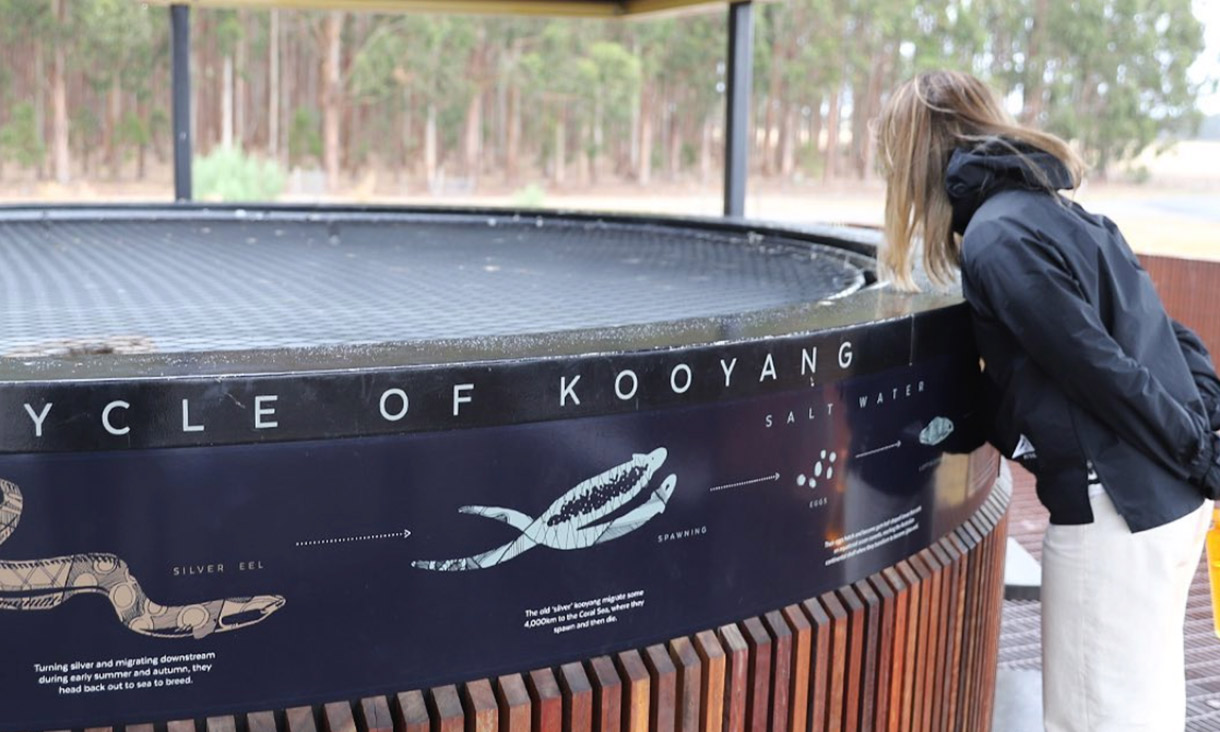Removing barriers to Aboriginal employment
RMIT University partnered with Woor-Dungin and other Aboriginal organisations to remove barriers to Aboriginal employment. The ongoing collaborations included advocacy to remove the damaging effects of criminal record discrimination in Victoria, leading to significant legislative reform.
Embedding First Peoples' knowledge and culture within Australia’s built environments
RMIT University’s Yulendj Weelam Lab from the Architecture and Urban Design School are partnering with design professionals to create a reconciled future for Australia's built environments.
Protecting vulnerable workers from exploitation through legislative reform
RMIT law academic, Distinguished Professor Anthony Forsyth, chaired a Victorian Government inquiry into labour hire and insecure work, resulting in new laws to protect vulnerable workers.
Expertise in human rights and law helps transform mental health care
RMIT’s Professor Penelope Weller is a senior legal academic whose research has helped tackle Victoria’s failing mental health system and introduce a rights-based focus for reform and services.








